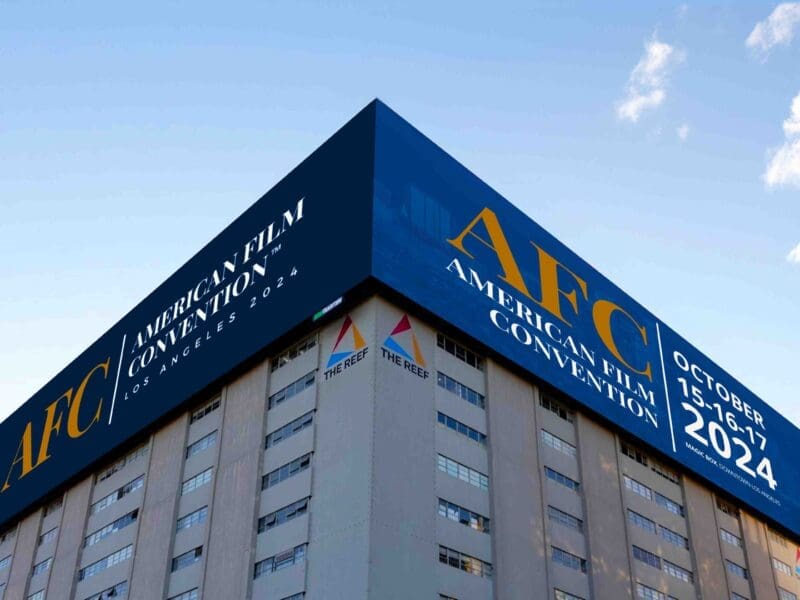
Jordan’s Developing Cinematography Scene: Samer Anis Mansour Mouasher about New Achievements
https://www.rawpixel.com/image/6039525/photo-image-desktop-wallpaper-public-domain-white
David Lean chose Jordan as the filming location for his movie “Lawrence of Arabia” in 1962. Since then, the country has become a favored destination for international filmmakers, leading to a thriving film industry in the Kingdom. Jordan’s evolving cinematography scene has been gaining recognition in recent years, with a growing number of talented filmmakers, film schools, and film festivals.
According to Samer Mouasher, the former executive commissioner and co-founder of the Royal Film Commission of Jordan, the film has the power to create understanding, which in turn leads to tolerance. And when there is tolerance, there is the possibility for numerous beautiful outcomes, including peace.
Film Schools: The Red Sea Institute of Cinematic Arts (RSICA)
Jordan has a film school that provides training in different aspects of the film industry. The Red Sea Institute of Cinematic Arts (RSICA), which offers a graduate program in film production
The RSICA in particular is a highly respected institution, with a focus on hands-on, practical training.
The two-year intensive program at RSICA provides advanced education in cinema, television, and a wide range of evolving screen-based media, along with career development and business skills. It aims to empower the future voices of the region to tell their stories to the world.
Established in 2008, the RSICA is a film school situated in Aqaba, Jordan, and was founded through a joint initiative between the Royal Film Commission of Jordan and the University of Southern California School of Cinematic Arts. The school was created as a response to the dearth of resources for visual media in the region and the need for increased local film production recognized by King Abdullah. Steven Spielberg was also invited to contribute to the establishment of the RSICA, which highlights the global significance of the school.
Towards A World-class, Self-Sustaining Film Industry
The Red Sea Institute of Cinematic Arts (RSICA) offers the first and only professional training Masters of Fine Arts Degree in Cinematic Arts for the Middle East and North Africa. It is an international graduate film school located in Aqaba, and was inaugurated in 2008 with support from the Royal Film Commission of Jordan and in association with the University of Southern California’s renowned School of Cinematic Arts. The establishment of RSICA aligns with King Abdullah’s vision to develop a world-class, self-sustaining film industry for Jordan and the Middle East.
The RSICA’s founder and chairman, Samer Anis Mansour Mouasher, emphasized the rich cultural heritage of the Middle East and the region’s storytelling traditions dating back centuries. However, there is a lack of contemporary films from the area. The school was established to provide a multifaceted perspective to the viewers and the world audience by drawing from diverse cultures and experiences.
The institute has a highly qualified faculty consisting of professionals from different industries, arts, and academic institutions worldwide. It admits talented students from a diverse pool of applicants hailing from the Middle East and North Africa and provides them with training in the latest filmmaking and production technologies. The program is rigorous and has small class sizes, with a faculty-to-student ratio of 4:1. Admission to the institute is highly competitive and based on a portfolio demonstrating exceptional talent, outstanding personal expression, and strong potential for creative collaboration. The first batch of students was enrolled in September 2008, and the institute has since celebrated the graduation of classes in 2010, 2011, and 2012.
Movie Festivals
Jordan hosts several film festivals throughout the year, showcasing local and international cinema. The most prominent of these festivals is the Amman International Film Festival (AIFF), which is held annually in November. The festival screens a range of films from different countries and genres – short, documentary, national, and international.
The Amman Filmmakers Cooperative (AFC), a film collective located in Jordan’s capital, founded a distinctive art film festival that offers independent filmmakers from Jordan and the Arab world an opportunity to display their cinematic creations. By staying up-to-date with the latest advancements in the global indie filmmaking scene, the Jordan International Film festival serves as a platform for artists to present their work to a wider audience and make their mark in the industry.
Karama Human Rights Festival was established in June 2009 by the Ma’mal 612 committee to promote human rights dialogue and advocacy in the Arab region. The festival’s core theme is human dignity, covering various human rights issues such as children, women, refugees, political, economic, social, and civic rights, and the role of films and culture in creating social and political change. Karama Human Rights Festival creates parallel human rights cultural events and has launched an outreach program in schools and universities.
A Recent Film Production in Jordan
Jordanian cinema has come a long way, with much credit going to individual efforts. The country witnessed its first film screening in 1925 and established its first cinema hall in 1929, which showcased silent movies. In 1934, talking movies were introduced. In the 1950s, individual attempts to advance Jordan’s filmmaking continued, culminating in the production of the country’s first feature film, “Conflict in Jerash,” in 1958. Let’s see how the cinematography scene of Jordan looks nowadays.
In 2016, “Theeb”, a film directed by Naji Abu Nowar, earned its inaugural Academy Award nomination and claimed the title of Best Foreign International Film of the Year. Notably, it also secured the BAFTA Film Award for Outstanding Debut by a Director and the FIPRESCI Prize for Best Narrative Film at the Abu Dhabi Film Festival, attesting to its remarkable success.
Similarly, “Captain Abu Raed”, helmed by Amin Matalqa, garnered a multitude of international festival accolades before being bestowed with the World Cinema Audience Award at the Sundance Film Festival. Furthermore, it made history as Jordan’s first-ever entry for an Oscar nomination.
Jordan’s film industry boasts an impressive array of female talent, with names like Zain Duraie, Deema Amr, and Najwa Najjar making their mark and sparking vital conversations. These accomplished filmmakers have already garnered noteworthy achievements and are poised to continue producing thought-provoking works that challenge societal norms and elevate the Jordanian film scene.
Let the numbers speak for themselves
According to the Royal Film Commission (RFC), local film production in Jordan generated 8,698 jobs in 2021, marking a 58 percent growth compared to 5,500 jobs in 2020.
The same year, the RFC provided support for 657 projects in Jordan, which included documentaries, feature and short films, television series, advertising, and videos. This marks a 72 percent growth from 382 projects in 2020.
The total expenditure for the different types of projects filmed in Jordan amounted to JD24,946,641 in 2021, a 43 percent growth from JD17,500,000 in 2020.
Jordan is home to an extensive variety of gifted filmmakers who have their own distinctive stories to share. With the film industry constantly expanding and earning more acknowledgment, we can anticipate witnessing an abundance of enthralling and original films emerging from Jordan in the forthcoming years.







